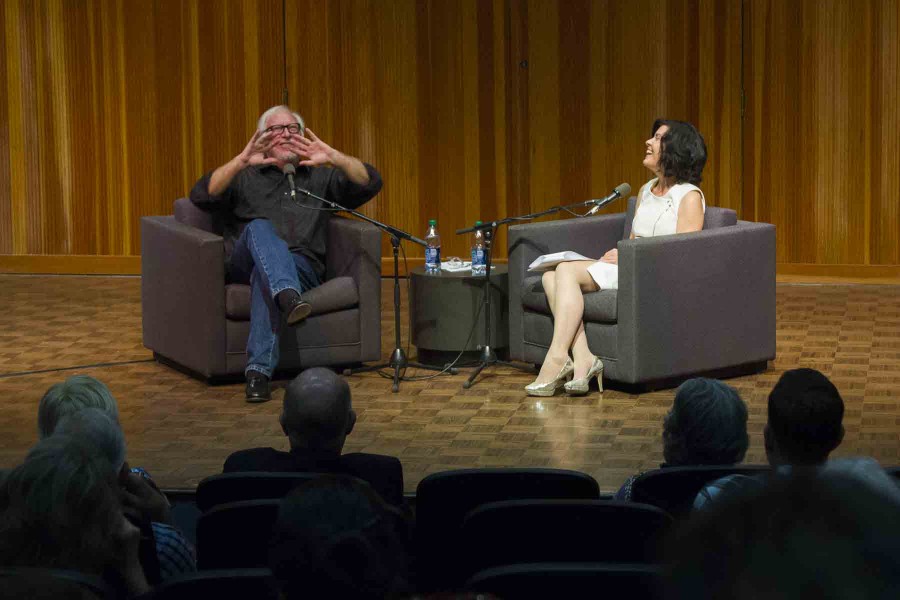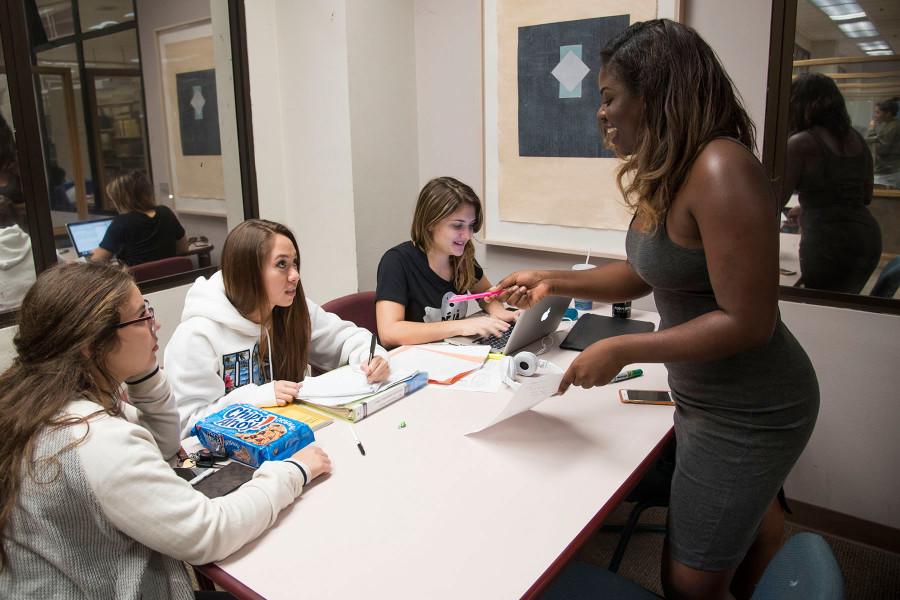Ever heard the saying, “Any job is a good job?” Because of the dejected economy this saying doesn’t ring true to many students especially in Santa Barbara.
The treatment of workers, turnover rates, and unpredictable schedules is far too prevalent in Santa Barbara. All but one of The Channels Editorial Board has experienced the perils of the part-time work industry.
The following are all true stories:
– A student sales associate in a retail chain missed Christmas with his family because he was required to be on call.
– Another student was told to wait 30 minutes before clocking in and then sent home without working or being paid for that time.
– In one student’s workplace, employees are expected to know the new or changed shifts without being notified.
– One student is expected to have wide-open availability, with the schedule for the next week coming the evening before the day they end up being scheduled to work.
– Multiple students requested time off, and when scheduled anyway, the duty was turned on the students to find a replacement for their ignored hours of availability.
These situations may sound extreme, but they ring true throughout the U.S. employment industry and members of the Editorial Board have encountered them first-hand.
According the NPR, even with a dominating 27.4 million members, the part-time workforce of the U.S. is caught in the grip of their employers being overworked and poorly treated.
The fierce job market of Santa Barbara isn’t kind to many and it makes no exception for the students that come knocking on its door.
It’s true, there are those select few owners and business professionals that take the time to care about the well-being of their staff. But almost all employers are trying to cut costs, and for workers that means saying goodbye to some much-needed hours on the clock.
With employers having such high requirements for availability and classes having strict guidelines and attendance requirements, student workers in Santa Barbara are stuck with the difficult task of balancing, and sometimes choosing, between the two.
For subjects like Music, Astronomy, and Journalism, having a set schedule is difficult with deadlines and extra hours outside of class being required. Planning a life outside of school and work becomes somewhat of a fantasy.
To all employers, the Editorial Board insists modifications be made to the vicious system. Employers should honor the availability that is supplied by the student, and utilize updated and modern scheduling systems such a WhenToWork.com.
Unfortunately, the current trend is when the need of the employer clashes with the availability of the worker, it’s the employer writing the checks. The level of respect from employer to employee must change.
When workers complain about feeling like “human inventory,” bosses should be taking a step back and assessing how they treat their workers.
With these demanding schedules, the Editors want to remind professors that Santa Barbara is pricey. In many cases, student workers are committed to school, but also need to work in order to maintain residence in the area and continue their education. Instructors should at the least acknowledge the little control students have over the excessive and sometimes-spontaneous hours they work.
The workforce is overworked and overstressed. While the business owners of Santa Barbara continue to thrive on their sometimes illegal ways, students and their education suffer.
Some say it may be a millennial issue, but students and graduates experience it across the nation.
It’s time for a change.











